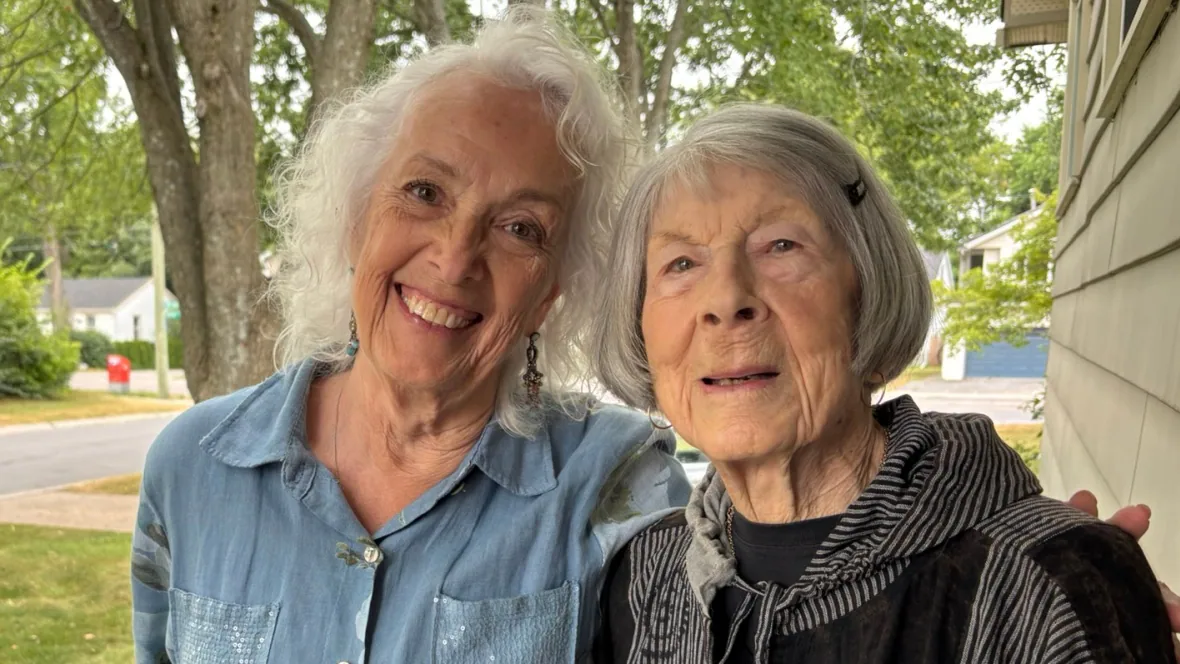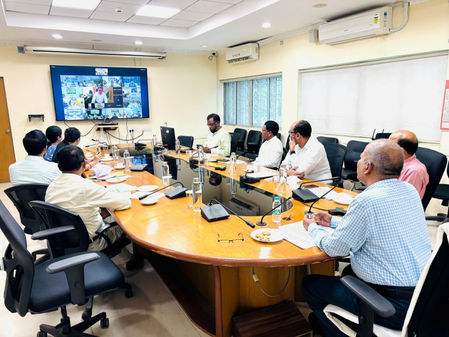Copyright cbc

When writer Merilyn Simonds turned 70, she realized she didn't have a roadmap for the years that lay ahead — but that her 100-year-old friend Beth Robinson might have some advice. "My mother died at 75. My husband's father died at 75 … a lot of our friends had been ill, some had died recently. And I just thought, 'I don't know what the 70s are like,'" she told The Current. "And there was Beth, who was 100, and I thought, 'Well, she must know.'" Simonds and Robinson both live in Kingston, Ont., and have been friends for so long that they don't remember when they met. When Simonds asked if they could get together, Robinson suggested they go for a walk. This was five years ago, deep in the COVID-19 pandemic, and Robinson was delighted to get out of the house and have some company. Before long, their walks became a weekly fixture: every Wednesday, around 3 o'clock. Those walks are now the subject of Simonds' latest book, Walking with Beth: Conversations with my 100-year-old Friend. Building trust, one step at a time The older woman looks back on those walks as a "huge gift." She had recently lost her daughter, and was grateful for this time with her younger friend. "We talked about all sorts of things, often very personal things," remembers Robinson, who is now 105. "That's the wonderful part of this, is the trust we had in one another." Simonds, now 76, was happy to be there for her friend. But things changed when Simonds got sick with a condition that left her temporarily blind and unable to continue their walks. Undeterred, Robinson offered to drive them to their favourite spot by the river. "Beth was a big part of keeping my spirits up," Simonds said. "Knowing that at her age, she had endured lots of things. It sort of gives you, you know, faith that you're going to come out the other end." A soul-binding friendship Simonds was diagnosed with giant cell arteritis, an autoimmune disease which involves an inflammation of the arteries. It can lead to aneurysms, blindness and dementia, but for Simonds the immediate impact was caused by the steroids used to treat the condition. "[I had] steroid-induced dementia. I couldn't walk without falling over. My skin was so thin I was bleeding all the time. It was a year and a half of really, really difficult times," she said. Relief came from Robinson, who by then was 103 and still driving. A lifelong lover of sportscars, she had bought herself a zippy little Toyota Yaris for her 100th birthday. "She would pull up to the turning circle in front of the garage, and she would have on her driving gloves and her little pillow at her back … her hand on the gearshift," Simonds remembers. "She obviously loved driving so much that in a way it felt like a privilege to be a passenger." It doesn't matter how old you are, it matters how you live.- Merilyn Simonds Nevertheless, Simonds found the change hard. "I started to feel dependent on this person who was 30 years older than me," she said. "But she never made me feel that way. She was never solicitous or hovering or hyper vigilant or all of those things that people tend to do around [sick] people." The pair would sit on a bench on the banks of the Cataraqui River, taking in the birds and boats — and talking. "It was so natural and comfortable and, you know, it was a joy," said Robinson. The pair compare their relationship to the concept of anamchara, an old Irish word that translates to "soul friend." "[Our friendship] has great depths, but great breadth as well because one cares about each other. It's soul-mending, soul-binding, soul-wrapping," said Robinson. For Simonds, it was another lesson about aging, the very thing she'd wanted to learn about. "It doesn't matter how old you are, it matters how you live and what you do with whatever frailties or vulnerabilities you have," she said. "I was the vulnerable one who couldn't do anything … and she was the one who was totally with it. Mentally, physically, still driving, still doing everything she wanted to do." Simonds recovered over time, and the pair still get together every couple of weeks. Simonds said she comes away each time feeling uplifted, and doesn't want to lose that. "What really bugs me as a writer is that I can't write the ending to my own story — or to Beth's," Simonds said. "We never know what the future is … you take the moments that are given you in the moment. And that's what we're still doing."



